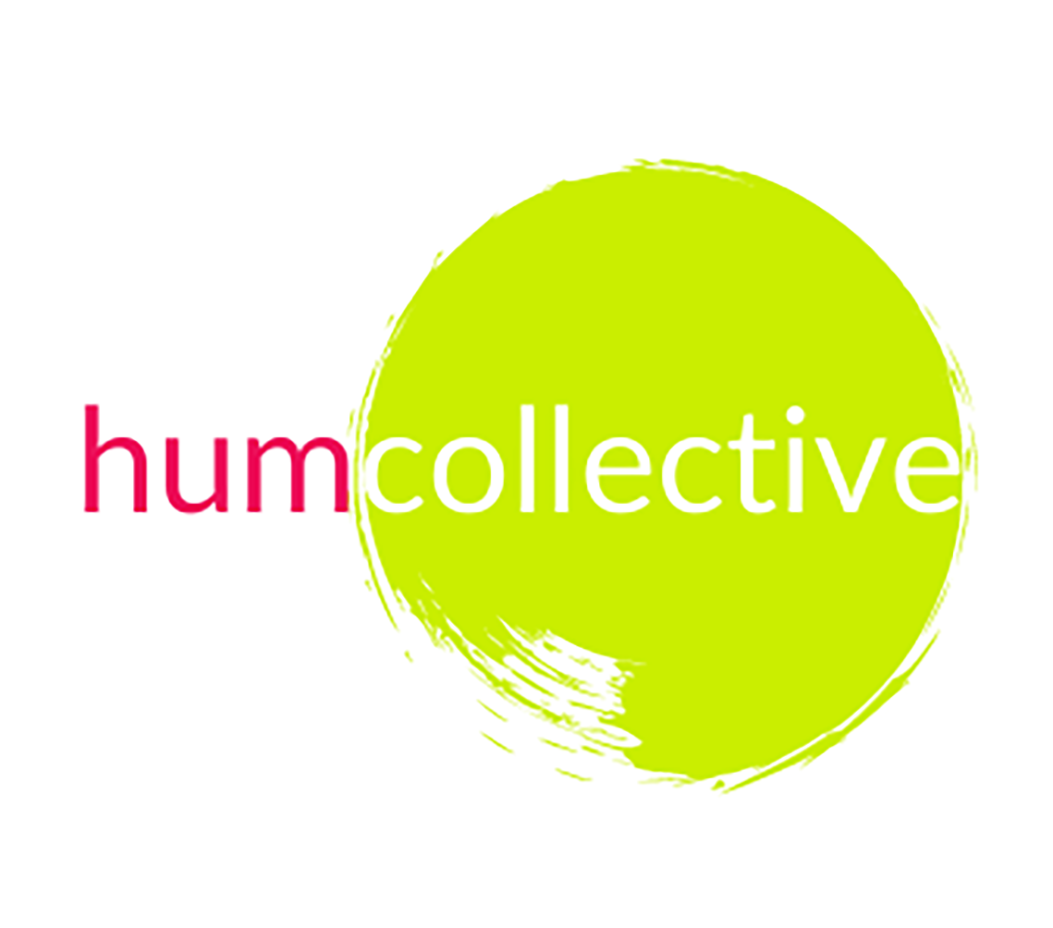AI Quantifies, Wisdom Differentiates
In discussions about AI, we often highlight human qualities, our soft skills, as a counterbalance to technology. But framing this as a conflict between soft and hard skills might limit our understanding of human potential. Historical ways of categorizing and measuring human abilities are falling short. AI is just the latest technological shift. Even with its rapid growth, some core organizational issues remain the same. We still grapple with trust, authenticity, and uncertainty at work. This suggests that focusing on soft skills alone isn’t the solution.
We can draw from psychology, neuroscience, and biology to offer a richer understanding of human aptitude. Across centuries, from ancient philosophers to modern psychologists, there’s a shared belief: within us lies untapped potential that no soft skill training program can fully unlock. This potential is the core of our true humanity, and it is wisdom.
Embracing a full view of our humanity challenges the sole focus on what can be measured. In a world where AI handles the quantifiable, what’s left for us? Perhaps it’s wisdom — something AI can’t mimic. If wisdom is our unique strength, we must develop it intentionally. Wisdom usually grows with age and experience, but we can’t wait.
We need to understand, nurture, and live wisdom now. It’s not just good for business; it’s crucial for our collective well-being. Wisdom taps into our whole brain, blending thinking, feeling, and connecting. It helps us see the bigger picture and navigate life’s complexities. In the age of AI, wisdom isn’t just beneficial — it’s essential.
Defining Wisdom
To appreciate the role of wisdom at work, let’s first define what constitutes wisdom. Unlike intelligence, which is often associated with cognitive abilities and problem-solving skills, wisdom is more holistic.
Three aspects of wisdom:
Pragmatic wisdom: practical knowledge and the ability to apply it in real-world situations. Individuals with pragmatic wisdom make informed, judicious decisions, ensuring effective problem-solving and strategic thinking.
Reflective wisdom: self-awareness and introspection. Individuals learn from experiences, understand their values and motivations, and align their actions with core principles and organizational missions.
Transcendent wisdom: philosophical perspective, considering long-term implications and ethical considerations. This type of wisdom fosters responsibility that benefits both the organization and the larger community.
Aristotle distinguishes between theoretical wisdom (sophia) and practical wisdom (phronesis). Practical wisdom is the ability to make good decisions in daily life by balancing moral virtue with practical considerations. This is the type of wisdom we need to bring to work.
Statements of the Wise
“I feel you”: Wisdom fosters genuine empathy and compassion, and promotes kindness and respect. In Confucian thought, wisdom ties closely to ren, meaning humaneness or benevolence.
“You can trust me”: Guided by strong ethics, wise individuals uphold integrity and trust in their decisions. They align to their personal values and a wider community vision.
Let’s take a wider view”: Wise people consider diverse viewpoints, enriching decision-making. In Buddhism, wisdom (prajna) is vital for enlightenment. It requires seeing things as they truly are, beyond illusions.
“I don’t know”: Socrates said, “the only true wisdom is in knowing you know nothing.” Wise individuals embrace uncertainty and doubt, recognizing knowledge limits and staying open to new perspectives.
How Wisdom Evolves
Wisdom is nurtured and emerges more subtly than mere knowledge accumulation. It is a gradual process. While knowledge can be acquired through books and lectures, wisdom comes from lived experiences and the quiet spaces between our thoughts. It grows through patience, reflection, and openness to the unknown. Wisdom is not about the volume of facts but the depth of understanding and compassion we bring to our lives.
Accessing wisdom is a journey of self-discovery, a profound unfolding of the self. By attending to our inner world, we create a bridge to the outer world. This journey is a co-construction between our internal landscapes and external realities. It requires opening ourselves to mysteries beyond our immediate grasp and embracing the unknown.
At the heart of this journey is discernment, a balance of inner guidance and rational knowing. True wisdom resides not in the head but in the heart. It is an essential knowing that transcends logic, calling us to engage with the world in a way that honors our shared humanity. In this sacred space, wisdom guides us towards a life of greater meaning and fulfillment. By fostering deep understanding and nurturing a balanced perspective, wisdom equips us to navigate life’s unpredictability.
Ultimately, integrating wisdom into the workplace marks a profound shift from the simplistic debate of soft vs. hard skills to a more holistic understanding of human potential. Wisdom will enable us to thrive in the AI era. It is not a destination but a continual process of becoming. As AI learns and evolves, we too must grow.
Five Research-Backed Benefits
Wisdom may seem elusive, yet science confirms its benefits.
Psychological Resilience and Emotional Regulation: Wisdom is linked to greater emotional balance and stress management. It fosters a deep understanding of life’s complexities and promotes acceptance and equanimity.
Enhanced Decision-Making: Wisdom improves decision-making. Wise individuals draw on experiences and contextual knowledge to foresee outcomes and assess risks accurately. Reflective thinking and a balanced perspective enable more informed and prudent choices.
Integration of Knowledge and Experience: Wisdom integrates knowledge and experience for a holistic understanding. Neuroscience shows wisdom integrates cognitive, reflective, and affective intelligence.
Social Connectivity and Empathy: Wisdom enhances social connectivity and empathy. Wise individuals exhibit higher empathy and prosocial behavior.
Philosophical and Ethical Grounding: Wisdom offers a philosophical and ethical grounding. Adhering to ethical principles and moral values, wise individuals maintain integrity and navigate complex dilemmas with nuance.
